Smart Meters: Shaping the Future of Sustainable Energy
By Neil Bosworth
May 14, 2024
By Neil Bosworth
May 14, 2024
The world needs to change its attitude toward sustainability. As highlighted in 2021’s COP26 conference, human activity causes unprecedented and potentially irreversible environmental changes.
Our production of harmful emissions and excessive energy consumption carry the blame. However, our ingenuity — using digital technologies to monitor and control energy consumption — can help with this dilemma.
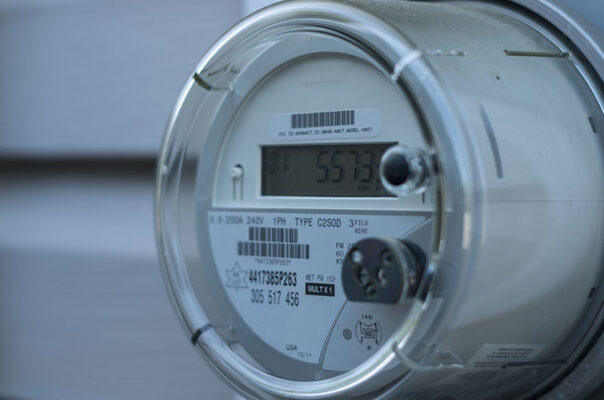
Smart meters are the first step in our journey to a sustainable future. Transforma Insights estimates that the residential penetration of electric smart meters today is 52% (1.05 billion units). It’s expected to increase to 75% by 2028 (1.57 billion). Enterprise penetration sits at 57% (127 million) but is projected to rise to 80% (184 million).
By installing smart meters across the electrical grid, consumers and businesses will save energy and money. Moreover, humanity will draw closer to a smarter, more sustainable future.
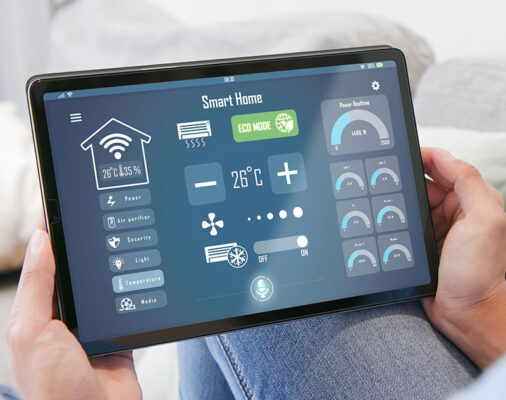
These meters are valuable because they provide users with real-time information about their energy usage. This data empowers the consumer to become more energy-conscious.
Smart meters send data wirelessly to a display or smartphone in a format businesses and consumers can understand. This information lets users see energy consumption behaviors and learn how to use energy more efficiently. The economic advantages of smart meters will help drive adoption in countries that do not mandate installation.
Smart meters will support demand-side management, an agreement between the consumer and utility to reduce strain on the grid. In this agreement, the consumer allows the utility to control energy-intensive devices (e.g., air conditioners or pool heaters) in return for lower tariffs.
It is also critical that smart meter manufacturers make their products interoperable. These meters will communicate with a head end system via a metering protocol called Device Language Message Specification (DLMS). DLMS plays a role in the wider security scheme. In addition, utilities must ensure that the data generated from meters within their domain is secure.
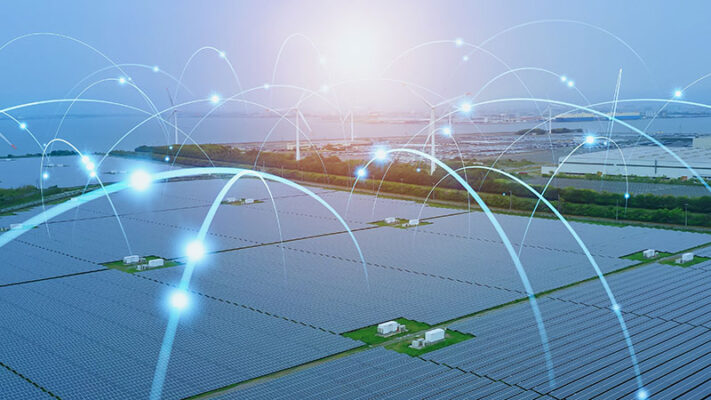
The widespread installation of smart meters can help businesses and civilians consume energy more efficiently. In addition, these devices can unlock untouched energy efficiency in the form of a smart energy grid.
Unlike traditional energy grids, smart grids use smart meters, sensors and networks to increase grid operation intelligence and efficiency. With a smart grid, operators can balance energy flow more efficiently.
The grid’s sensors and meters enable operators to detect real-time power demand surges and outages and adapt to ensure efficiency. Smart grid technology is also better suited for the transition to EV vehicles.
Smart grids can aid the smooth integration of renewable energy sources like solar panels. Operators could manage renewable energy sources scattered across the grid with improved energy infrastructure. They can seamlessly switch to solar or wind rather than backup gas and coal. In addition, smart grids will enable consumers to sell extra energy storage they might have at home.
For the smart grid to become a reality, the meters across the grid require reliable connectivity and robust cybersecurity.
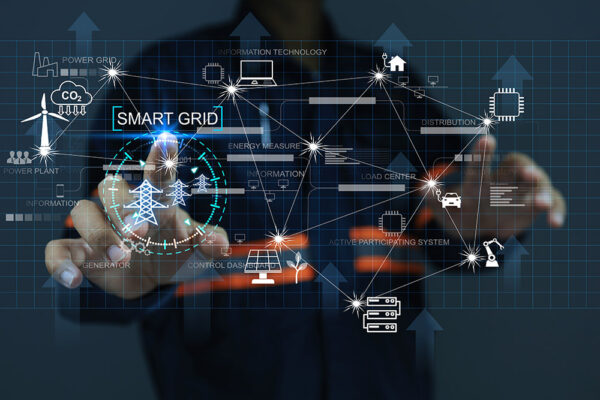
Smart meters must remain connected in systems, like a smart grid, where components constantly communicate. Any connection loss could delay data to the utility company, preventing it from running an energy grid at peak efficiency.
However, with Internet of Things (IoT) embedded SIMs (eSIMs), smart meters can stay connected for 10 to 15 years. eSIMs allow utilities to switch to new profiles remotely. Therefore, someone wouldn’t have to go on-site to replace the SIM, reducing costly truck rolls.
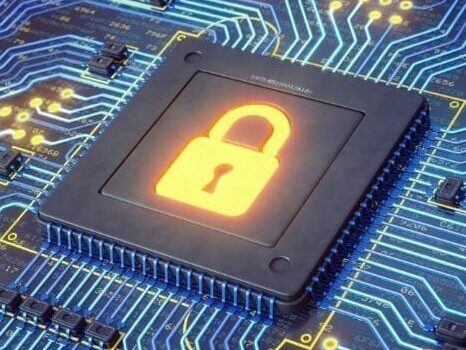
Smart meters enable real-time data transmission to utility providers quickly and accurately. However, being connected exposes meters to hacking risks.
Cyberattacks threaten consumers and government agencies, as seen in ongoing power grid attacks by countries and affiliated hacker groups. Robust cybersecurity measures (e.g., giving meters digital identities) must be in place to protect providers and consumers.
At the same time, a sustainable future depends on countries becoming more energy self-sufficient. Europe’s reliance on Russian gas has highlighted the need for smart meters.
Telit Cinterion offers cellular modules and connectivity services to address potential smart meter deployment issues. Our eSIM offerings automatically scan all available networks. This capability ensures that smart meters have continuous connectivity and eliminates constant visits to switch SIM profiles.
In addition to being prepared for integrated SIMs (iSIMs), Telit Cinterion is a GSMA member. The GSMA is pushing in-factory provisioning standardization, which would reduce meter manufacturing costs.
Speak with one of our IoT connectivity experts to get scalable, global connectivity for your smart meter deployment.